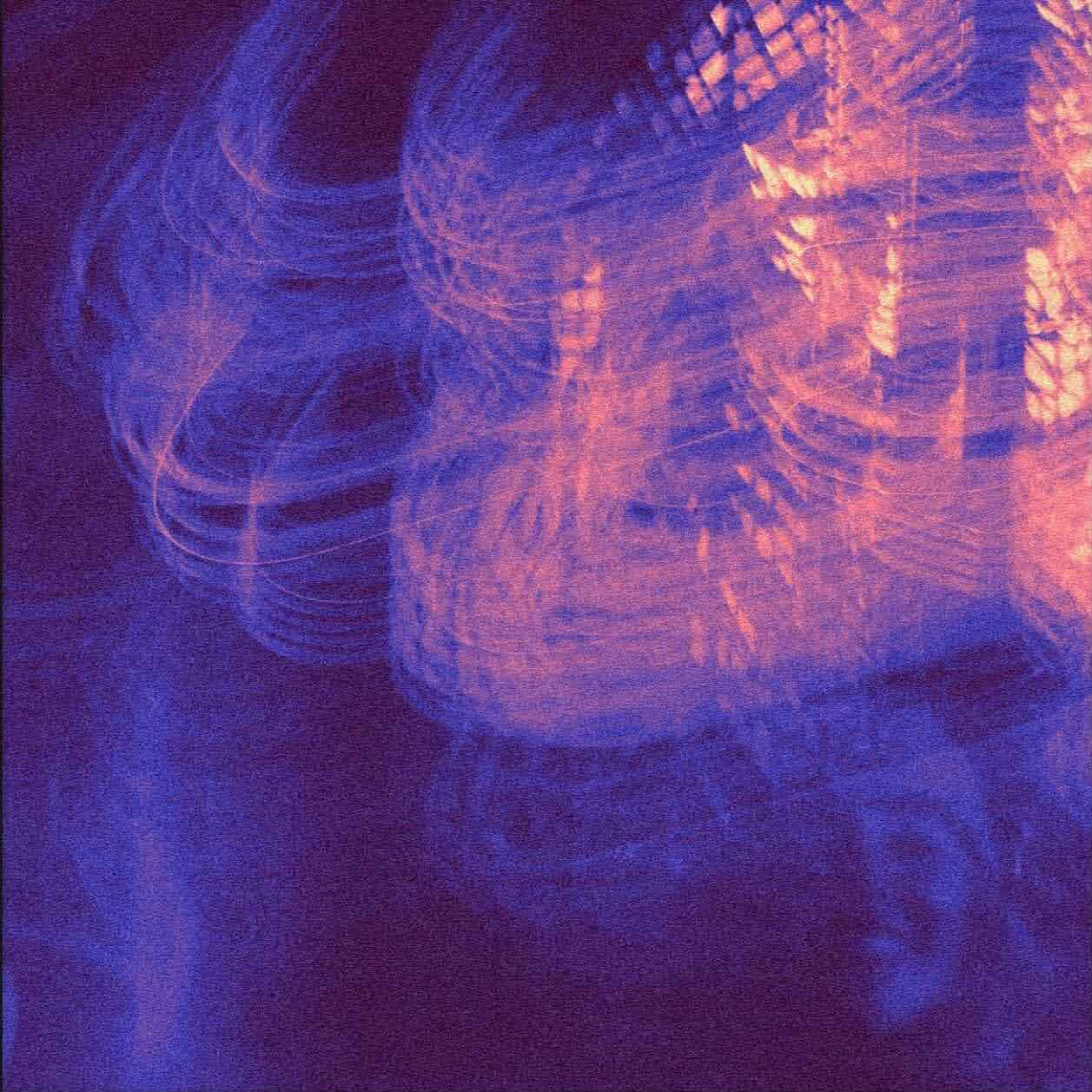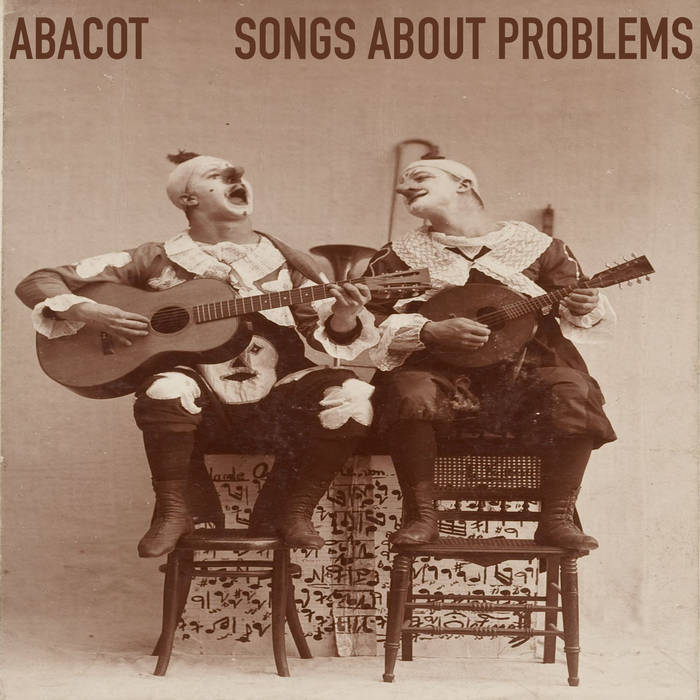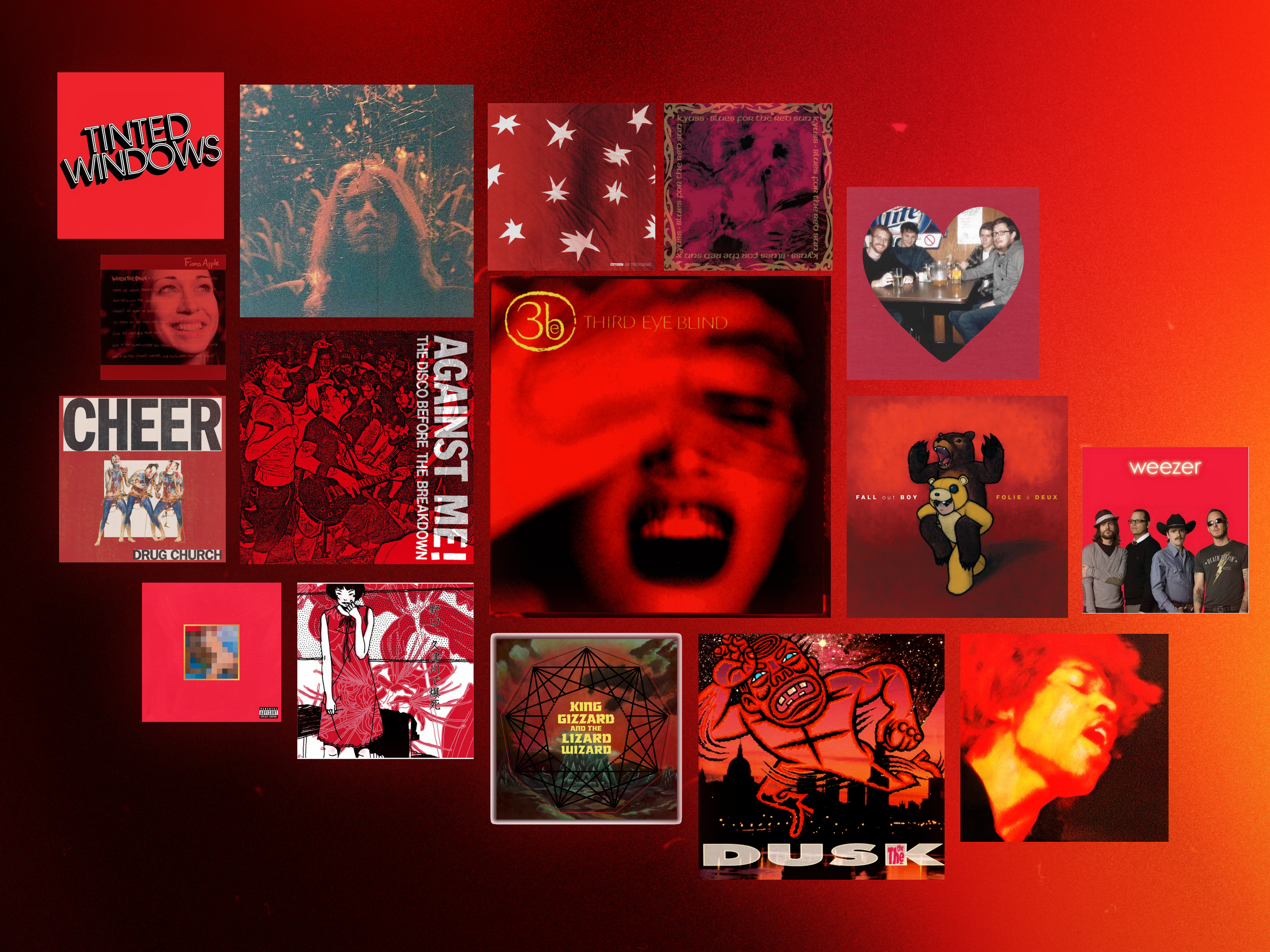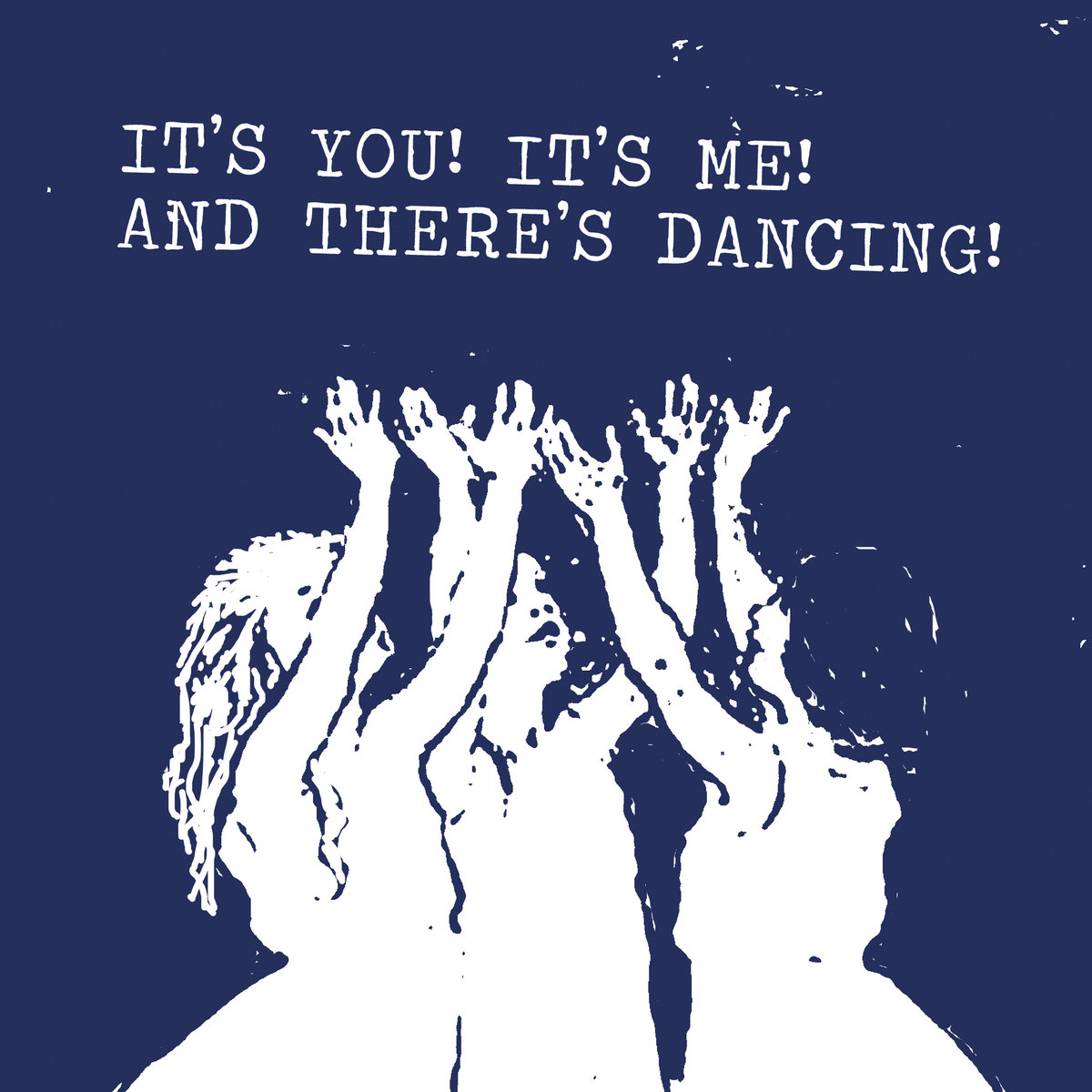Artistic Integrity and Commercial Success | Part 1
/Views From One Year Out
In February of 2015 Canadian rapper Drake released a surprise mixtape titled If You’re Reading This It’s Too Late. Subject to critical acclaim, label-related conspiracy theories, and surprisingly little memery IYRTITL was a bold, beautiful, and fresh sound for Drake at the time. Second only to Queen B, If You’re Reading This was easily the second biggest surprise album of all time. The tape’s unceremonious drop was a shock to hip-hop heads the world over, made even more impactful because it represented a tonal shift for Drake that had shockingly high crossover potential. The album was followed by a high-profile beef that summer as well as a collaboration mixtape with codeine crazy Future in the early fall. It was a banner year for Drake, and (as I’ve discussed previously) IYRTITL served as one of the catalysts for my hip-hop fandom.
In 2016 Drake segued all of this attention, acclaim, and even his surprise one-off viral hit into his next release Views From the 6. Then an album years in the making, Views was supported by a massive marketing budget, a slew of singles, and months of build up on Drake’s own Apple Music station OVO Sound Radio. All signs were pointing towards a great album. How could he fail after a year like 2015??
And Views didn’t fail. At least not fully.
Initial reception to Views (both fan and professional) was middling, to say the least. With all this buildup fresh in our minds, it was hard not to go into the album with certain expectations. After a surprising, fresh, and rap-leaning album like If You’re Reading This, you’d expect some decent bars. After a high-profile rap beef (that you won) you’d expect some flexing and teeth showing. After collaborating with another artist for ten tracks, you’d expect some different sounds to enter your musical lexicon. None of this happened. Some of it did, but the little that did was a half-assed version of what we expected. Views ended up being a long, masturbatory rehash of things Drake had already done better. Perhaps worst of all, it was safe. He didn’t experiment, he didn’t grow, he didn’t take any risks whatsoever.
Months after release after all the dust has settled, Views is just an okay album. It’s serviceable. It’s just serviceable. From a sonic perspective, it feels as if 2015 just didn’t happen. It was like he fully embraced a genre, had all these new experiences, and then just threw it all away to pick up where he left off two years before. It was disappointing, but like a battered wife, I’ve come to enjoy Views for what it is. I still think it’s a bland, boring, overly long piece of mediocrity, but at the end of the day, it’s just okay.
The only problem is that the album performed phenomenally.
It’s gone on to sell one million copies, accumulate 1 billion streams, and have the most successful Spotify song of all time. So he did something right… right?
Within weeks of the album’s release, fans began to worry that Drake would see the numbers attached to Views and then go on to think “oh, okay, so this is what fans want.” Rapper, oldhead, and noted curmudgeon Joe Budden released a series of diss tracks directed at Drake with the sole purpose of “inspiring” him to do great work again. Fans and peers alike wanted to send the message that despite all the accolades and commercial success, Views was not a successful album. It was a plea to Drake. Please don’t settle. We’ve seen you do better. Don’t mistake numbers for success.
Birds and Vultures
Fast forward to 2017 and the reason that I dug this draft out of my cobweb-laden Google Drive folder. I love Travis Scott, but lately, he feels like he’s been on a similar trajectory to Drake. His 2015 album Rodeo is one of the reasons I “stuck around” to see what else the genre of rap had to offer. It’s one of my favorite albums of 2015, and I firmly believe that it’s a “trap masterpiece” that will be viewed as a turning point for the genre years from now. It’s lush, well-produced, and brimming with new sounds and ideas, unlike anything I’d ever heard in hip-hop or music.
I loved Rodeo and Travis Scott’s aesthetic so much that I spent the summer of 2016 revisiting his previous release Days Before Rodeo and listened to it so much that it currently sits at my seventh most listened to album of all time on last.fm. I feel the need say this to preface what I’m about to say. I love Trav, but lately, his output has been piss-poor.
In September of 2016 (after almost a year of delays and broken promises) Travis Scott released his highly-anticipated follow-up to Rodeo titledBirds in the Trap Sing McKnight. Birds faced a similar fate to Views in that it followed an awesome predecessor and was accompanied by months of hype and built-up expectations, yet failed to deliver across the board. Also similarly to Views, Birds in the Trap was inexplicably commercially successful. Racking up over 50 million streams in its first week, Birds became Travis’ first number one album, and (again) fans were worried that the artist may be receiving the wrong message.
Lately, I’ve been thinking about this “successful paranoia” exhibited by fans (myself included) and whether or not it’s warranted. It’s a very hipster-esque notion of discovering an artist and viewing their older work as superior, but it’s also about wanting to dictate (or at least guide) an artist and their work. It’s not wanting them to become too pop-influenced, or commercial sounding. It’s wanting them to retain some level of edge and originality in the face of an “easy” way out.
At the end of the day, someone is listening to these songs. It may be kids, and it may be fans, but either way, some message is being sent. At the same time, you have to respect these individuals as artists who will create whatever they feel the need to express. If an artist creates something solely based off of financial success, then they’re not much of an artist, are they? If I put out a song that makes me a million dollars in a week and then I sat down to write a similar song with the sole purpose of recreating that success… then I’m not really an artist, am I? I’d just be chasing that commercial high. I’d be creating art in the process sure, but it wouldn’t be coming from an artistic place.
To make an extreme pivot: for all I know, “The Twist” may have come from a deeply human place, but “Let’s Twist Again” sure as hell didn’t. That’s commercialism informing art. That’s an artist (literally) saying let’s do that again like we did last year.
Not that Drake is 2016’s Chubby Checker (or is he?), but I think that comparison is at least an interesting one to make. The internet shouldn’t dictate art or artists. Whether it’s through sales numbers, or through holier-than-thou commenters who think they know what direction an artist should go in. It’s easy to say “follow your heart” from the sidelines because there are millions of individuals whose livelihoods depend on the sale and perpetuation of music, but I firmly believe that the artist should be free to create. Your album should be an expression of what you feel. It shouldn’t be based on sales, your peers, or even your fans. Music is a sacred form of communication, and we’re not meant to understand all of it. If you’re worried about Drake creating an album similar to Views based solely off of him seeing that success and trying to recreate it, then Drake isn’t worth listening to anyway.





